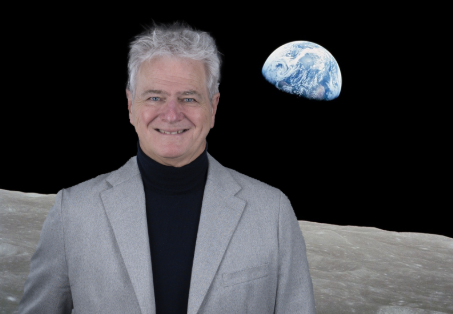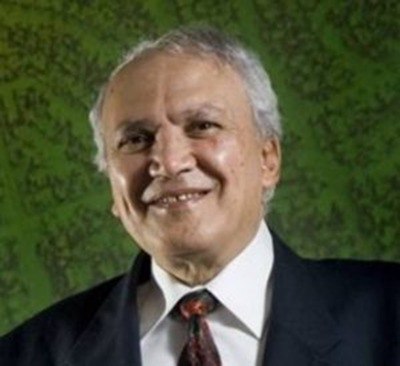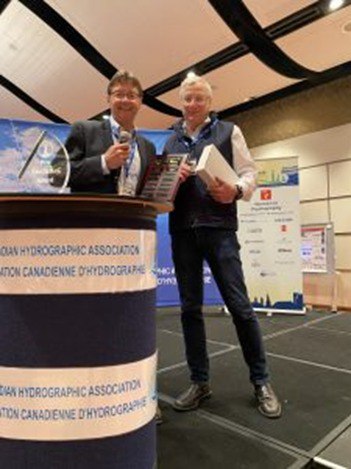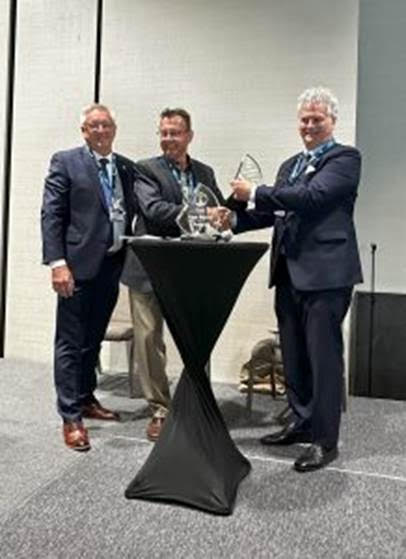About us
Organizing opportunities for members to exchange information and learn of new developments in the field.
Our objectives
Organizing opportunities for members to exchange information and learn of new developments in the field.
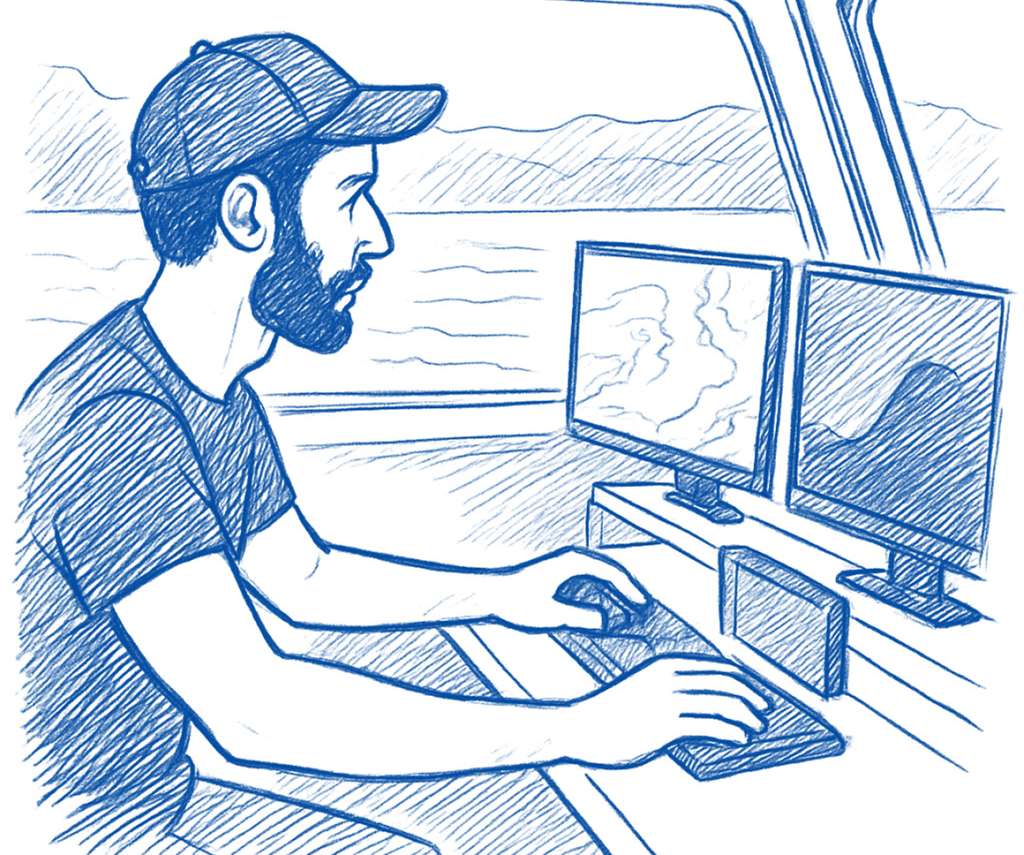
and maintaining
close working relationships with key associations and organizations having common goals
Certification
Promote awareness and provide support for professional Hydrographic Certification.
monthly meetings
of the national CHA board to determine and implement strategic directions and monitor progress.
and maintaining
the CHA website and social media platforms to inform and notify members of upcoming events and opportunities.
the achievements
of an individual who has made outstanding contributions to the hydrographic profession and/or related disciplines through the annual Sam Masry Award.
financial support
to deserving students studying hydrography or a related subject through the annual CHA Bursary.
international conferences
to bring a wide spectrum of participants together to present and discuss advances in hydrography and related disciplines.

Our goals
Promote the Value of Hydrography
We aim to raise awareness about the essential role hydrography plays in navigation safety, environmental protection, sustainable development, and climate resilience.
Support Professional Growth
We provide opportunities for students, researchers, and professionals to develop their skills through seminars, scholarships, and access to the latest research and technologies.
Foster Collaboration and Community
Through events, conferences, and networking initiatives, we bring together individuals and organizations to share knowledge, exchange ideas, and drive innovation in the hydrographic industry.
Encourage Industry Leadership and Innovation
By working closely with our corporate members and partners, we support the development of cutting-edge tools and practices that shape the future of hydrography in Canada and globally.
Affiliates
The Canadian Institute of Geomatics (CIG)
The Canadian Institute of Geomatics (CIG) is the Canadian Not-for-Profit association that re…
The Hydrographic Society of America (THSOA)
A 501(c)3 non-profit organization committed to promoting education in hydrography, inshor…
Association of Canada Lands Surveyors (ACLS)
National regulator for Canada Lands surveying professionals.
Meet the team


Pascal Rhéaume
Director of Industry


Elizabeth Bonner
Director of Public Services


Geneviève McCormack
Director of Finance


Andres Torres
Director of Secretariat


Willian Ney Cassol
Director of Academia
Membership Testimonial
“I strongly encourage individuals and organizations alike to join the Canadian Hydrographic Association (CHA) as active members. As a leading professional non-profit, CHA connects you to a dynamic national and international network of experts – from industry, academia, government, and non-profit sectors; who are all committed to advancing hydrography, the essential foundation of the Hydrospatial Sciences. The benefits are numerous, but the connections are truly invaluable.”
— Denis Hains, CEO, H2i | Doctor Honoris Causa in Geomatics Science – July 2025
